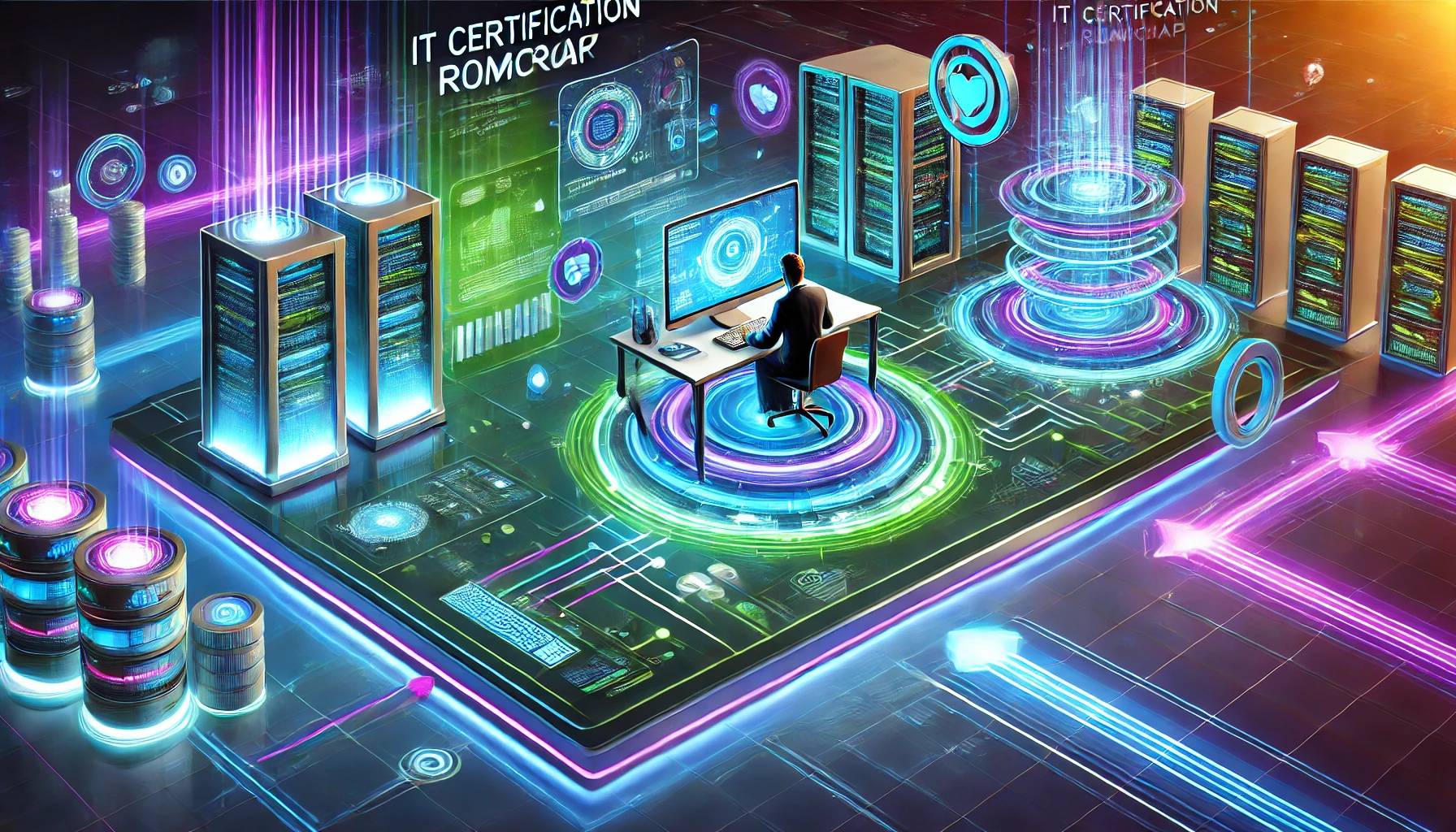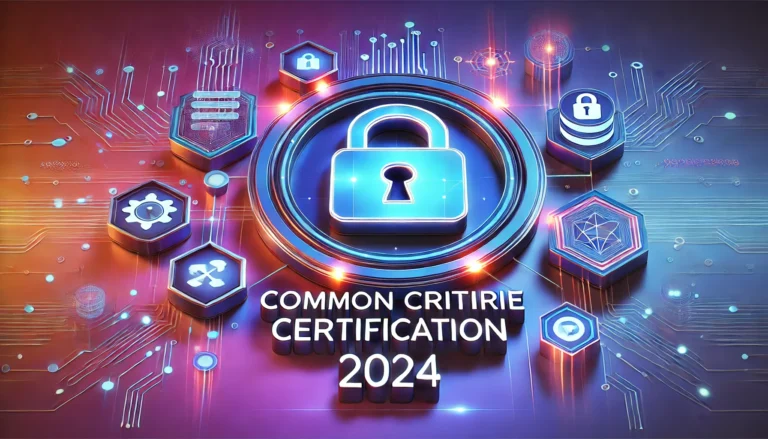IT Certification Roadmap: Your Complete Guide to a Successful IT Career

In the dynamic world of Information Technology (IT), certifications play a pivotal role in showcasing your expertise, staying relevant, and advancing your career. Whether you are a newcomer exploring the IT landscape or a seasoned professional aiming for specialized roles, understanding the right certification pathway is crucial. This article provides a detailed roadmap to help you navigate the vast array of IT certifications and select the ones that align with your career aspirations.
Understanding IT Certifications
IT certifications validate your knowledge and skills in specific areas of technology. They are offered by industry-leading organizations like Microsoft, Cisco, AWS, and CompTIA. These certifications not only boost your resume but also provide opportunities for higher salaries and specialized job roles.
Step-by-Step IT Certification Roadmap
Step 1: Identify Your Career Goals
Before diving into certifications, determine your desired career path. IT offers diverse roles, including:
- Networking Specialist
- Cloud Architect
- Cybersecurity Analyst
- Software Developer
- Data Scientist
- IT Support Specialist
Your chosen path will influence the certifications you pursue.
Step 2: Start with Foundational Certifications
For beginners or those transitioning into IT, foundational certifications provide essential knowledge and skills:
- CompTIA IT Fundamentals (ITF+): Ideal for exploring IT basics.
- CompTIA A+: Covers hardware, software, troubleshooting, and technical support.
- Microsoft Certified: Fundamentals (e.g., Azure Fundamentals): Introduces cloud concepts and Microsoft Azure.
Step 3: Choose a Specialization
Once you have foundational knowledge, focus on an area of expertise. Below are some popular IT domains and corresponding certification paths:
- Networking
- CompTIA Network+: An entry-level networking certification.
- Cisco Certified Network Associate (CCNA): A globally recognized credential for networking professionals.
- Cybersecurity
- CompTIA Security+: Covers foundational cybersecurity concepts.
- Certified Information Systems Security Professional (CISSP): Advanced certification for security leadership roles.
- Cloud Computing
- AWS Certified Solutions Architect – Associate: Focuses on designing cloud solutions using AWS.
- Microsoft Certified: Azure Solutions Architect Expert: Advanced skills in Azure cloud solutions.
- Data Science & Analytics
- Google Data Analytics Professional Certificate: Offers foundational skills in data analysis.
- Microsoft Certified: Data Analyst Associate: Validates proficiency in data visualization tools like Power BI.
- IT Support
- Google IT Support Professional Certificate: Beginner-friendly program to launch your IT support career.
- CompTIA A+ (Advanced): Provides in-depth support and troubleshooting expertise.
Step 4: Gain Experience and Intermediate Certifications
Hands-on experience is vital for applying theoretical knowledge. Combine practical work with intermediate-level certifications:
- Certified Ethical Hacker (CEH): For those in cybersecurity.
- AWS Certified DevOps Engineer: For cloud computing and DevOps enthusiasts.
- PMP Certification: For IT professionals managing projects.
Step 5: Advance with Professional and Expert-Level Certifications
To distinguish yourself in the competitive IT landscape, pursue advanced certifications:
- Cloud and DevOps
- AWS Certified Solutions Architect – Professional
- Google Cloud Professional Architect
- Certified Kubernetes Administrator (CKA)
- Networking
- Cisco Certified Network Professional (CCNP)
- Aruba Certified Design Expert (ACDX)
- Cybersecurity
- Certified Information Security Manager (CISM)
- Certified Information Systems Auditor (CISA)
- Artificial Intelligence and Data Science
- Microsoft Certified: Azure AI Engineer Associate
- Cloudera Certified Data Scientist
Step 6: Stay Updated
The IT landscape evolves rapidly. Continuous learning is critical to maintaining relevance. Engage in the following activities:
- Renew Certifications: Many certifications have expiration dates and require renewal through exams or continuing education.
- Attend Webinars and Conferences: Industry events provide updates on emerging technologies.
- Explore Emerging Domains: Fields like blockchain, IoT, and AI offer certifications for future-focused roles.
Key Tips for Building Your IT Certification Roadmap
- Assess Certification Costs: Some certifications are expensive, but many companies reimburse employees for exams.
- Utilize Free and Paid Learning Resources: Platforms like Coursera, Udemy, and LinkedIn Learning offer preparatory courses.
- Practice with Simulated Exams: Mock exams help you prepare for the format and difficulty level of certification tests.
- Network with Industry Professionals: Joining IT forums and LinkedIn groups can provide insights and recommendations.
Benefits of IT Certifications
- Enhanced Career Opportunities: Certifications validate your skills and open doors to higher-paying roles.
- Global Recognition: Industry-standard certifications are recognized worldwide, increasing job prospects internationally.
- Skill Development: Certifications ensure you stay updated with the latest technological advancements.
Conclusion
An IT certification roadmap is your guide to building a successful career in the ever-evolving field of technology. Start with foundational certifications, specialize in your area of interest, and continuously upgrade your skills to remain competitive. By strategically planning your certification journey, you can achieve your professional goals and thrive in the dynamic IT industry.


